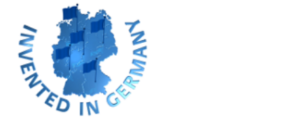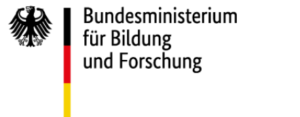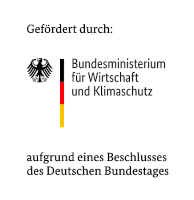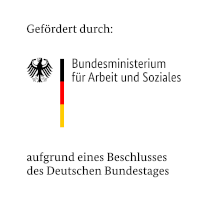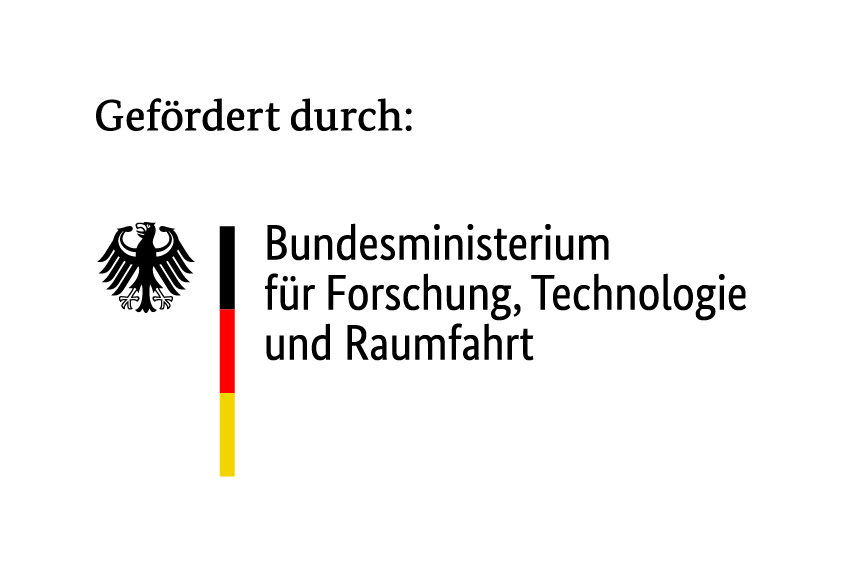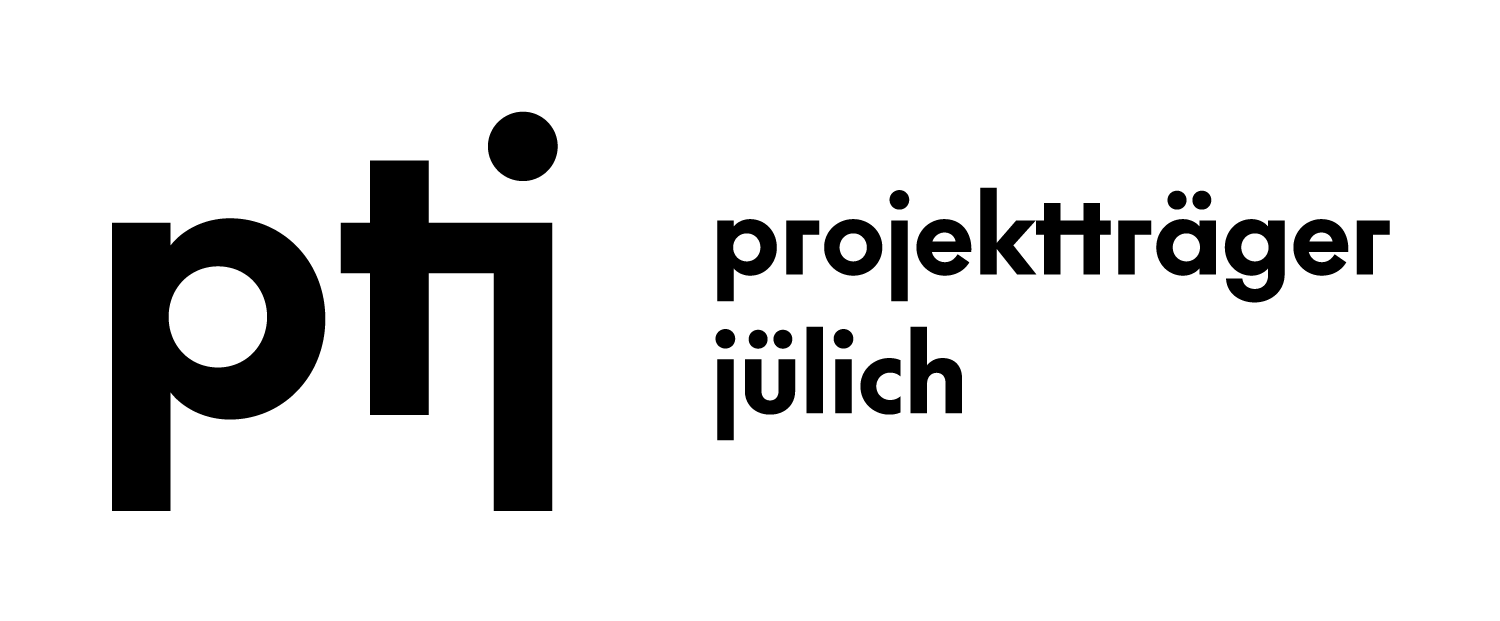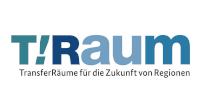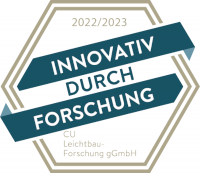On March 28, 2023, German and Polish representatives from industry, science and public administration met in Katowice to explore German-Polish cooperation potentials in the field of lightweight technologies and sustainability applications in mobility. After introductory presentations gave a general overview of the lightweight construction landscape in Germany and Poland, also the role of public administration in the promotion of specific innovation projects was highlighted. Both sides explicitly expressed the need and the will for international cooperation.
The delegation was accompanied by eight German companies, which were given the opportunity to present their portfolios of capabilities in short presentations. The audience was provided with insights into technologies and products along the entire lightweighting value chain – starting with raw materials and semi-finished products, through UV curing, joining technology and final processing, to component and system manufacturing.
During the closing panel discussion, the focus was particularly on sustainability topics such as circular economy, lightweight design in freight transport and alternative drive systems. Furthermore, adaptation strategies of manufacturing companies with regard to rising energy costs were thematized. Despite the enormous challenges, the industry representatives were optimistic that these can be countered successfully – among other things within the framework of cross-border cooperation.

Mr. Werner Loscheider (BMWK; Head of the Department for Construction Industry, Lightweight Technologies/New Materials, Resource Efficiency, bottom left) stated the following afterwards: “Lightweight technologies are of key economic and ecological importance, especially for the transportation sector. This transformational technology creates and secures innovative jobs as well as value creation. At the same time, lightweight design is a driver for climate and resource conservation, which can reduce CO2 emissions and material comsumption. In order to exploit the potential of this distinctive cross-sectional technology, proper networking at the European level is necessary. That’s why the exchange of representatives from German and Polish companies, research institutions, associations and public administrations in Katowice was also a further step towards a European lightweighting network.”


Dr. Andrzej Czulak (leader of the Polish Cluster of Composite Technologies, top right), who cooperates closely with the CU, praised the continuity of German-Polish cooperation in the field of lightweight technologies: “After our joint Polish-German stand at last year’s Kompozyt Expo in Krakow (editor’s note: the largest trade fair for composite technologies in Central Eastern Europe) generated a lot of attention, today’s conference once again demonstrates the great need for networking and cooperation. The Polish composites market on the one hand is based on traditional companies from such sectors as rail vehicle, yacht and small aircraft manufacturing, but also boasts numerous – partly very young – owner-managed SMEs, which are also gaining international recognition with their in-house developments.”

Dr. Gunnar Merz (CEO Composites United e. V., above) also emphasized the need for internationalization: “From CUs point of view, the current technological and economic challenges, which are forced by climate change and the recent geopolitical dynamics, can only be achieved in European collaboration through closer cross-linking of the players and value chains. Poland shows a high growth and innovation potential in the field of lightweight technologies and therefore plays an important role in our internationalization strategy. The high level of interest in today’s event and the numerous technical background discussions have once again confirmed me in this.”
Paweł Kwiatkowski (member of AHK Poland’s Executive Board), whose team organized the event jointly with CU, expressed his satisfaction as well: “Megatrends such as renewable energies, hydrogen and e-mobility are also playing a growing role in AHK’s activities. Lightweight technologies are used in these fields and across all branches while often being indispensable for them. Together with CU, we were able to arrange a great event with vivid participation of a wide range of interested stakeholders, thus promoting both further establishment of the presented technologies in vehicle manufacturing as well as general visibility for the future topic of lightweight technologies in the German-Polish context.”


During the closing panel discussion, particular focus was laid on sustainability topics such as circular economy, lightweight design in freight transport and alternative drive systems – from right to left: Werner Loscheider (BMWK – Federal Ministry for Economic Affairs and Climate Action), Monika Ptak (Marshal’s Office of the Silesian Voivodeship / Urząd Marszałkowski Województwa Śląskiego), Michał Wekiera (PZPM – Polish Association of the Automotive Industry / Polski Związek Przemysłu Motoryzacyjnego), Barbara Sztyler (PGM – Polish Automotive Group / Polska Grupa Motoryzacyjna), Łukasz Górecki (Silesia Automotive & Advanced Manufacturing) and Martin Kretschmann (Composites United).
Further information on the program and the participating companies can be found on the website of the German-Polish Chamber of Industry and Commerce. (Links to German Version / Polish Version with downloadable conference presentations)

